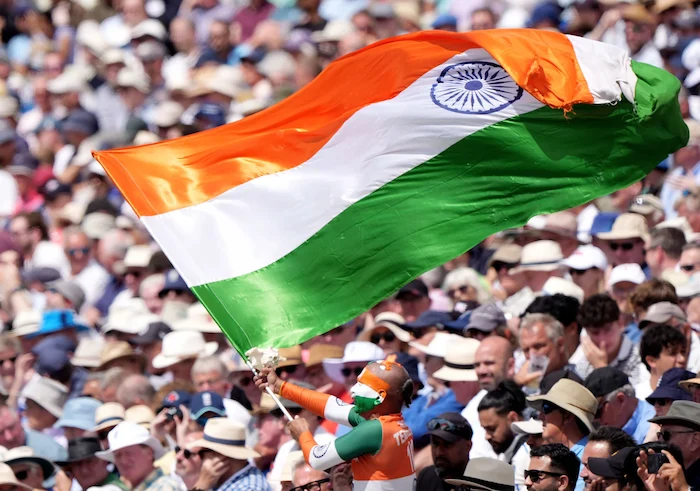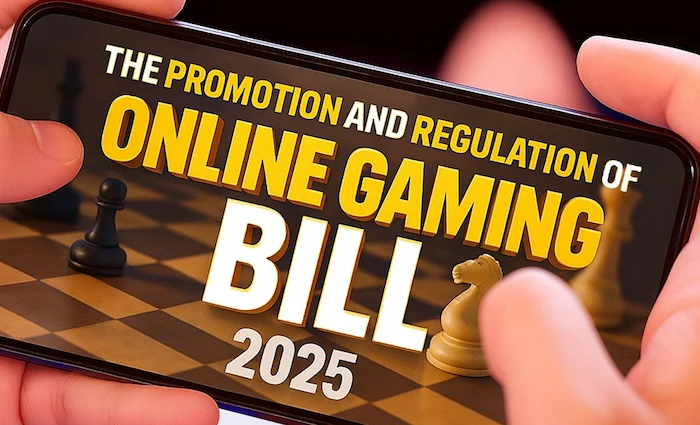
A bench led by Justice K.V. Viswanathan will conduct a detailed hearing on petitions challenging the unpopular Promotion and Regulation of Online Gaming Act, 2025 (PROGA).
In August 2025, the bill was passed through the Indian Parliament without any meaningful resistance, leading to fears that the growing online poker market in India would be shut down.
Operators who provide access to real money games face large fines and prison sentences up to three years.
More than 400 gambling companies faced closure with the loss of 200,000 jobs, including the best Indian poker sites.
Will Skill Games Win a Reprieve?
An initial session on November 4, saw the court signal potential exemptions for skill-based games, offering a glimmer of hope to an industry reeling from the legislation’s sweeping prohibitions.
Proponents of the bill, led by the Ministry of Electronics and Information Technology (MeitY), argue that these activities fuel addiction, financial ruin, and illicit practices such as money laundering.
The Act also introduces the Online Gaming Appellate Tribunal, a quasi-judicial body empowered to resolve disputes between users, licensees, and regulators, mirroring civil court authorities.
Yet, critics claim it is overly broad and threatens to stifle innovation in a sector that attracted $5 billion in investments over the past half-decade and employed over 100,000 people.
The Central Govt has admitted today that the Promotion & Regulation of Online Gaming Act, 2025 has not yet been brought into force even after more than 2 months of the legislation receiving the assent of the President. pic.twitter.com/BZfCmYZPGh
— Jay Sayta (@jnsayta) November 3, 2025
The Fightback Begins
With the extraordinary amount of financial potential in the world’s most populous country, it is no surprise to see a motivated fightback in the Indian courts.
The legal salvo began in high courts across Karnataka, Madhya Pradesh, and Delhi, where operators and industry associations filed suits asserting that PROGA infringes on the fundamental right to practice any profession or carry on any trade or business.
As we expected to see, petitioners contend the blanket prohibition ignores judicial precedents distinguishing games of skill from mainstream traditional gambling games.
Landmark rulings, such as the 2023 Supreme Court decision affirming rummy and poker as skill games, form the bedrock of their case.
There was also a petitioned warning that after more than a month of shutdown, it was imperative that operations were allowed to resume while the case moves on to avoid the industry facing irreversible collapse.
Justice Viswanathan remarked that “tournaments focused on skill rather than betting may be completely excluded.”
This echoed another judge’s observation that the Indian government has no issue with entry-fee competitions yielding cash prizes, provided they emphasise merit over luck.
This minor detail could be the saving grace for the country that once promised to provide the second poker boom. This case appearing in the national news will certainly be publicity.
The Indian online gaming sector was projected to reach $7 billion in revenue by next year, before this ban took place.

Industry voices, like those from the All India Gaming Federation, hail the court’s hints as a “ray of light.” Conversely, addiction advocacy groups applaud PROGA’s intent, citing studies linking gaming to youth mental health crises and family breakdowns.
Gambling cases can be difficult to argue in court as the dangers of irresponsible gambling are well-publicised, but properly regulated poker has proven to give few problems considering the numbers of users.
As the November 26 hearing looms, stakeholders brace for outcomes that could redefine regulatory landscapes across Asia, where nations like China and the Philippines grapple with similar dilemmas.
A ruling exempting skill elements might salvage the industry, yet, an upheld ban risks driving the industry underground, exacerbating the very harms it seeks to curb. This much is proven by experience.




















